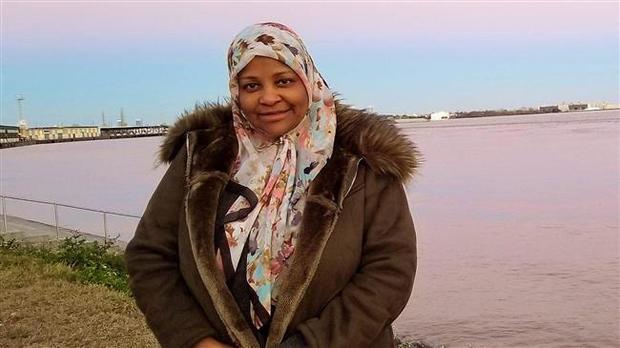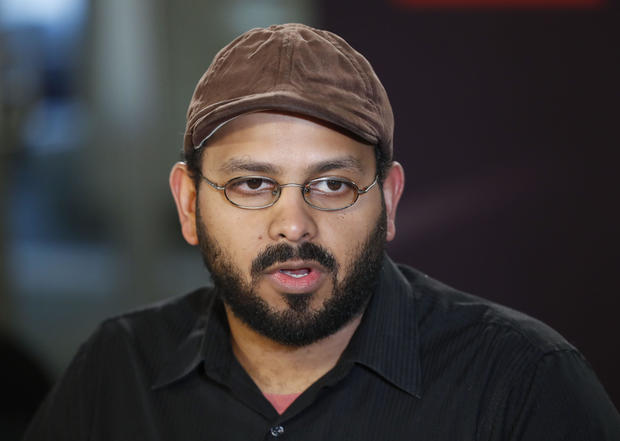Contacted by CBS News, both the FBI and the Justice Department have declined to comment on the case.
Hashemi, 58, was born Melanie Franklin in New Orleans but has worked for Iran's state TV network for 25 years now.
Hossein Hashemi told The Associated Press that his mother lives in Tehran, the capital of Iran, and comes back to this country about once a year to see her family, usually scheduling documentary work somewhere in the U.S. as well.
"No idea what's going on"
"We still have no idea what's going on," said Hossein Hashemi, a research fellow at the University of Colorado whom the AP interviewed by phone from Washington. He also said he and his siblings had been subpoenaed to appear before a grand jury.The incident comes as Iran faces increasing criticism of its own arrests of dual citizens and other people with Western ties. Those cases have previously been used as bargaining chips in negotiations with world powers.
Federal law allows judges to order witnesses to be arrested and detained if the government can prove their testimony has extraordinary value for a criminal case and that they would be a flight risk and unlikely to respond to a subpoena. The statute generally requires those witnesses to be promptly released once they are deposed, however.
Hashemi's detention and the material witness law
Hashemi, an American citizen, had not been contacted by the FBI before she was detained and would "absolutely" have been willing to cooperate with the agency, her son said.Asked whether his mother had been involved in any criminal activity or knew anyone who might be implicated in a crime, Hossein Hashemi said, "We don't have any information along those lines."
The constitutionality of the material witness law has "never been meaningfully tested," said Ricardo J. Bascuas, a professor at the University of Miami School of Law. "The government only relies on it when they need a reason to arrest somebody but they don't have one."
No matter the reason for Marzieh Hashemi's detention, she should have been granted a court appearance by now, Bascuas said.
Iran uses case to blast U.S. justice
Iran's state broadcaster held a news conference and launched a hashtag campaign for Hashemi, using the same techniques families with loved ones held in the Islamic Republic use to highlight their cases.There were no references to any case against Hashemi in U.S. federal courts, nor in Missouri.
Iranian Foreign Ministry spokesman Bahram Ghasemi told state TV that Hashemi's arrest showed the "apartheid and racist policy" of the Trump administration. "We hope that the innocent person will be released without any condition," he said.
Americans held in Iran
At least four American citizens are being held in Iran, including Michael White, a U.S. Navy veteran whose detention was only confirmed last month. Also held are Iranian-American Siamak Namazi and his 82-year-old father, Baquer, both serving 10-year sentences on espionage charges.Also in an Iranian prison is Nizar Zakka, a permanent U.S. resident from Lebanon who advocated for internet freedom and has done work for the U.S. government. He was sentenced to 10 years on espionage-related charges.
Former FBI agent Robert Levinson, who vanished in Iran in 2007 while on an unauthorized CIA mission, remains missing as well. Iran says that Levinson is not in the country and that it has no further information about him. His family holds Tehran responsible for his disappearance.
First published on January 17, 2019


No comments:
Post a Comment